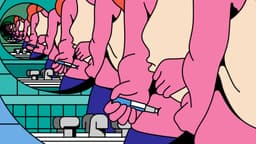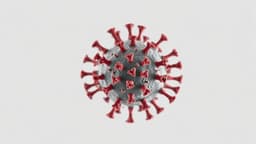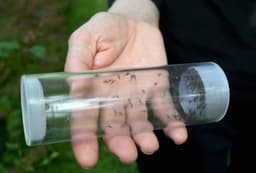Home / Health / Nestlé Accused of Prioritizing Profits Over African Babies' Health with Added Sugar
Nestlé Accused of Prioritizing Profits Over African Babies' Health with Added Sugar
18 Nov, 2025
Summary
- Nestlé adding sugar to most baby cereals sold in Africa
- Campaigners say this contributes to rising childhood obesity
- Nestlé claims sweet cereals are vital to combat malnutrition

As of November 2025, Nestlé is under fire for continuing to add sugar to most of its baby cereals sold across Africa. Campaigners have accused the food giant of "putting the health of African babies at risk for profit," as rates of childhood obesity rise on the continent.
The investigation, conducted by the Swiss advocacy group Public Eye, found that over 90% of Nestlé's Cerelac baby cereal products in more than 20 African countries contained added sugar, with an average of 6 grams or 1.5 teaspoons per serving. This contradicts World Health Organization guidelines, which recommend no added sugars for children under 3 due to the risk of developing long-term preferences for sweetened foods.
Nestlé has defended its practices, stating that having cereals sweet enough to be palatable to infants is vital in combating malnutrition, a major issue in Africa. However, critics argue the company is employing "double standards," as equivalent Cerelac products sold in Europe do not contain added sugar.
Activists are now calling for Nestlé to remove all added sugar from its baby food products in Africa, accusing the company of contributing to a "preventable public health catastrophe" as diet-related diseases spread across the continent.




